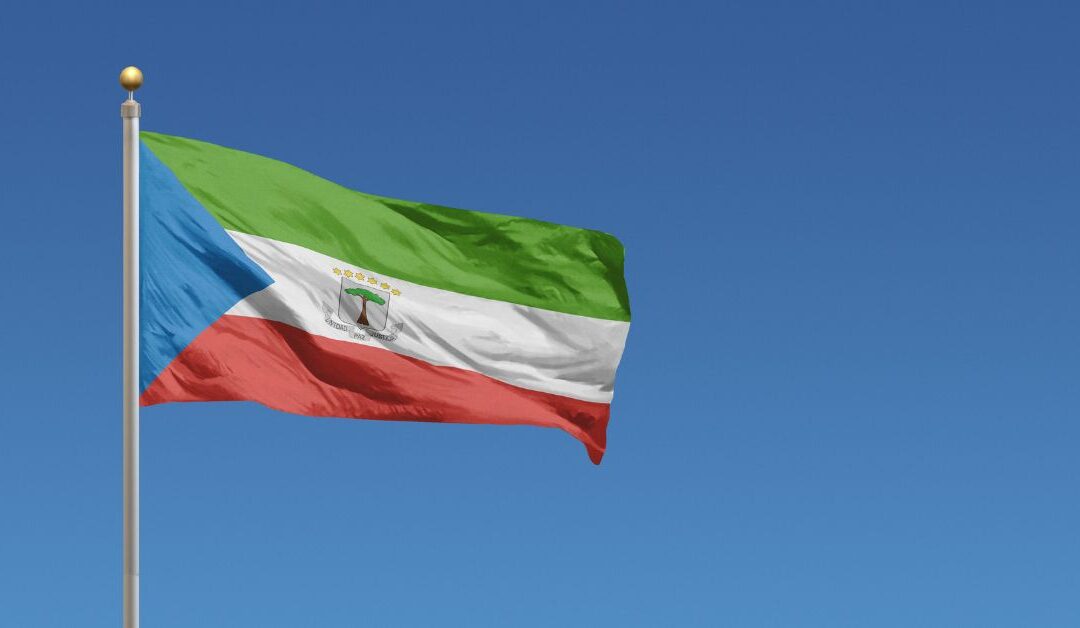
Client Alert : Equatorial Guinea
THE IMPLEMENTATION OF THE AUTOMATED SYSTEM FOR CUSTOMS DATA (ASYCUDA) IN EQUATORIAL GUINEA
What happened?
On the 30th of April 2020, the Minister of Finance, Economy and Planning (“MFEP”) of Equatorial Guinea passed Ministerial Order Number 11/2020, on the Automated System for Customs Data (ASYCUDA) (the “Order”).
The order came into force taking into account various international customs regulations and procedures, as well as regulations and recommendations geared towards expanding economic, financial and economic reactivation measures for the sustainability of public finances in Equatorial Guinea.
The implementation of ASYCUDA should contribute towards efficient and transparent customs operations and the increase of non-oil related tax revenues.
What are the Consequences?
Implementation of ASYCUDA
- The ASYCUDA platform will be adopted in the Malabo, Bata, Ebibeyin and Mongomo customs administrations and in ports, airports and customs posts nationwide.
- All customs formalities should be completed using ASYCUDA
Stakeholder Registration
- All stakeholders such as carriers, customs clearing agents, owners and consignees, freight forwarders, cargo agencies and remote users of ASYCUDA must register with the Directorate General of Customs.
- Stakeholders performing customs formalities will need to have (a) a tax identification number (companies); (b) an ID card (nationals); (c) a residence permit or passport (foreign nationals); and (d) name of the institution or body (Embassies, Consulates, etc.)
- Remote users will need to pass a test prior to registration.
Urgent Operations
- Measures are proposed for situations where ASYCUDA is unavailable and urgent operations are required.
Support Desks at the MFEP
- The MFEP will provide face-to-face and telephone consultation services at support desks.
Usage of ASYCUDA
- Carriers or cargo agents are required to register the cargo manifest, scan and append all pertinent documents
- All customs formalities should be completed using ASYCUDA
- The submission of the manifest and transport documents shall be:
- At most forty-eight (48) hours before arrival or upon arrival under justification of the vessel or other means of transport at the port of landing of the goods, for the Maritime Customs; and
- Twelve (12) hours for Air and Land Customs (Article 83 of the CEMAC Customs Code).
- A definite electronic registration number will be assigned to the cargo manifest following the validation on ASYCUDA and the user will be unable to make changes after the date of registration. Requests for changes, which may be approved or rejected, are subject to certain rules and deadlines.
- The Order allows for the creation of a one-stop-shop for remote users and the establishment of a messaging service and telematic procedures
- Upon completion of registration and validation on ASYCUDA, the goods may be stored in a temporary warehouse.
Customs Declarations
- All goods must be declared and assigned a regime, including goods under full exoneration.
- Except for the public administration, diplomatic missions and international organisations, good must be declared by the owner or an authorised customs clearing agent.
- Documents will be submitted electronically via ASYCUDA or digitalised at customs.
- Upon system validation, the goods will be assigned a Blue, Green, Yellow or Red channel.
- Once payment of the customs duties and taxes has been made at an authorised bank and validated by the Public Treasury, payment will be recorded on ASYCUDA and the goods released .
Exonerated Goods
- Importation and exportation of goods which are totally or partially exonerated must be pre-approved by the Ministry of Finance, Economy and Planning and registered with the Directorate-General of Customs
Controls and Exonerations
- The customs administration may require any information it deems necessary from stakeholders.
- The Directorate-General of Customs and the Directorate-General of Taxes and Contributions will meet to study, evaluate and adjust the regulation concerning exonerations.
What should my company do?
Understand the Requirements
If any clarifications concerning the interpretation of the Order are needed, the Directorate-General of Customs should be contacted.
Engage with your Customs Clearing Agent
Companies should engage with their customs clearing agent(s) to hold a working session on the newly implemented system with the objective of discussing the adaptation of applicable internal policies and procedures
Registration
Register as a user of ASYCUDA and request a registration certificate from your customs clearing agent(s). Establish which customs clearing agents have remote access.
Closely Monitor Customs Clearing Agents
As the country transitions to the new system, delays and potential penalties can be avoided by closely monitoring customs clearing agents’ operations.
Manual of Customs Rules and Procedures
Obtain a copy of the manual of customs rules and procedures from customs clearing agents, if made available to the public.
Companies benefiting from Exoneration
The logistics department should work towards obtaining prior approval and registration of any exoneration at the Ministry of Finance, Economy and Planning and Directorate-General of Customs, respectively.
ABOUT CLARENCE
Clarence offers its clients the freedom to operate in Africa. Thanks to our diverse resources, we understand Africa better than most firms. We assist clients to identify, assess and effectively minimise operational legal and regulatory risks. We develop creative and efficient solutions to operational challenges, so our clients can focus on growth and revenue. Our approach is to bridge the gap between external and in-house counsels. Our areas of practice include Energy and Natural Resources, Real Estate, Construction, Joint Ventures, Corporate and Commercial, Risk Management & Compliance, Litigation and Dispute Resolution, Government Relations, Customs and Taxation, Employment and Immigration, Aviation and Telecommunications. For enquiries, please contact us at info@clarenceabogados.com



